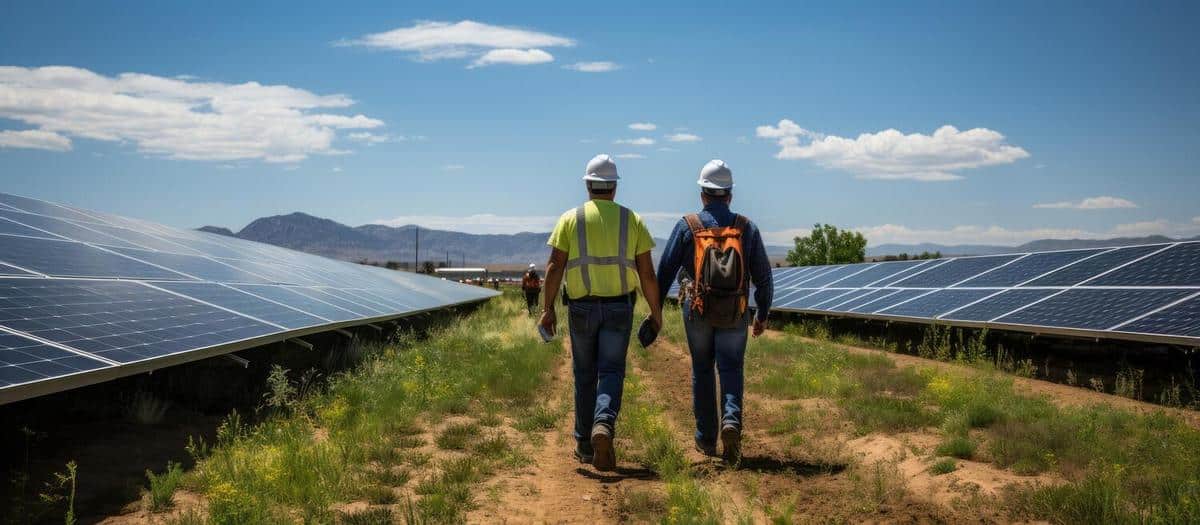
The Future of Sustainable Water Management Technologies
Water is a precious resource, and as climate change and population growth exert increasing pressure on our water systems, the need for sustainable water management technologies becomes more urgent. This article explores the future of these technologies and their potential impact on global water sustainability.
Understanding Sustainable Water Management
Sustainable water management involves innovative techniques that ensure the efficient and equitable use of water resources. This approach not only conserves water but also protects ecosystems and maintains water quality.
Emerging Technologies
Recent advancements in technology have paved the way for remarkable developments in sustainable water management. Smart water meters, for instance, allow for real-time monitoring of water usage, helping to identify leaks and promote efficiency. According to a report by the International Water Association, these meters have the potential to reduce water wastage by up to 30%.
Innovative Solutions in Action
Consider the case of a small town in Spain that implemented a smart irrigation system using IoT sensors. The sensors monitor soil moisture and weather conditions, optimizing water usage for agriculture. As a result, the town reduced its water consumption by 25%, demonstrating the practical benefits of technology-driven approaches.
| Technology | Function | Impact |
|---|---|---|
| Smart Water Meters | Monitor water usage | Reduce wastage by 30% |
| IoT Sensors | Optimize irrigation | Decrease consumption by 25% |
| Desalination Techniques | Convert seawater to fresh water | Increase water supply |
| Water Recycling Systems | Reuse wastewater | Conserve resources |
| Rainwater Harvesting | Collect and store rainwater | Supplement water supply |
| Permeable Pavements | Reduce runoff | Improve groundwater recharge |
| Greywater Systems | Recycle household water | Reduce demand |
| Remote Sensing | Monitor water bodies | Enhance management |
Expert Insights
Dr. Lisa Andrews, a renowned environmental scientist, emphasizes that “the integration of technology into water management is crucial for building resilience against climate change.” Her insights are echoed by studies from the World Resources Institute, highlighting that implementing these technologies can significantly alleviate water stress in vulnerable regions.
Actionable Steps for Implementation
- Invest in smart water technologies for better resource management.
- Encourage community participation in water conservation projects.
- Support policies that promote sustainable water use.
Consider installing a rainwater harvesting system in your home to reduce reliance on municipal water supplies.
The Road Ahead
Despite the promising potential of these technologies, challenges remain. High initial costs and the need for skilled personnel to operate and maintain new systems can be barriers. However, long-term benefits such as cost savings and environmental preservation make these investments worthwhile.
FAQs
What are smart water technologies?
Smart water technologies include tools like smart meters and IoT sensors that enhance monitoring and management of water resources.
How can individuals contribute to water sustainability?
Individuals can conserve water by using efficient fixtures, harvesting rainwater, and being mindful of their water use.
Conclusion
The future of sustainable water management technologies holds promise, with innovations offering solutions to some of our most pressing water challenges. By embracing these technologies and taking proactive steps, we can ensure a sustainable water future for generations to come.


